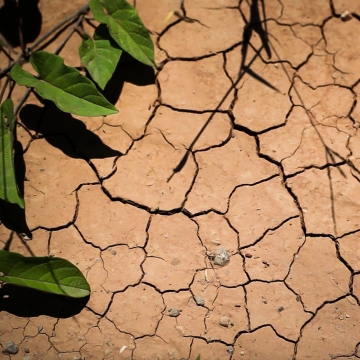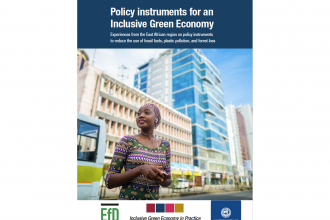
EfD Vietnam organized discussion for a green transition
Achieving the goals of the Paris Agreement on limiting climate change, and reaching net-zero greenhouse gas emissions by around 2050 requires scientific evidence to support policy-making. Strategies…


